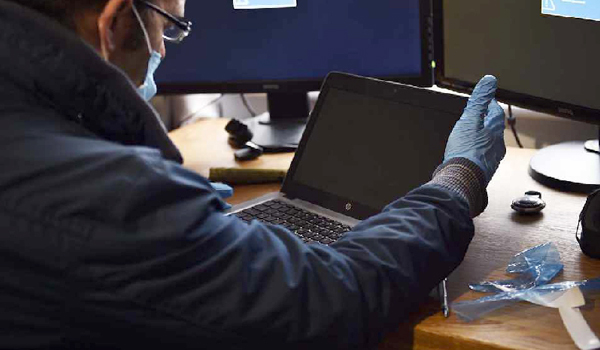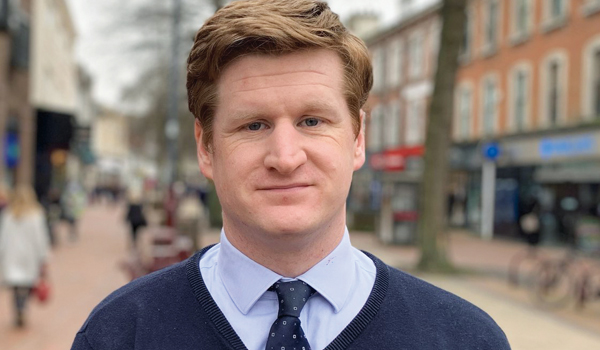Is it time for a Public Safety Digital Declaration?
More than 300 police delegates will join the Police ICT Digital Summit this week. The keynote speaker on day one of last year’s summit was Professor Mark Thompson of Essex University and Methods who explains why we should all take the Police IT Strategy really seriously.
Having keynoted the launch of the Police IT Strategy at the Police ICT Company conference in 2020, I’ve been reflecting on the need to maintain momentum on the strategy one year on. The strategy is all about helping forces use technology to deliver better local frontline policing, by joining up behind the scenes to share data and technology at the back end. There are two compelling reasons to take this idea seriously.
The first is that personalised policing is increasingly about using data intelligently; the data, and the intelligent tech to analyse it, lives increasingly in the cloud (it is stored for us off-site); and to take advantage of all the modern goodies in the cloud, you need to adopt standard approaches and technology. So the paradox is that intelligent local policing is more and more about increasingly configuring and consuming standardised stuff, not building your own.
The second reason is that, as we all know, we have 43 forces which are predominantly doing their own thing by building their own standard stuff, which makes no difference to the local populations they serve. Which of us has ever asked questions when purchasing a car about who made the wire connecting the speedometer to the engine? Why should we care, providing we can show that it works safely. Similarly, our citizens do not care who supplies our customer relationship management platform, providing it supports good policing.
Drawing inspiration from Heart FM…
If we want to come together to identify the policing equivalent of the wire connecting the speedo to the engine, and start standardising and sharing this across the forces, we can take inspiration from the likes of ‘Heart FM’: each regional station has local DJs, local advertisers, local weather, local traffic, and local news – but the back-end stuff (back office, corporate, digital playlists, etc) is all shared, for the simple reason Heart FM listeners do not care either way – and it is much, much more affordable to do it the way Heart FM does.
Although Covid-19 has intervened since the announcement of the Police IT Strategy last January, we can still work together to bring policing and public safety into the digital era. There are two ways of doing this: the ‘top down’ way is centralised initiatives such as the Emergency Services Network, National Law Enforcement Data Programme, etc – which are often hard to make work in practice. More fundamentally, the ‘bottom up’ way is forces coming together on their own initiative to start sharing themselves.
…via a Public Safety Digital Declaration
I think the best way to do this is via a Public Safety Digital Declaration: coming together voluntarily to share code libraries, GitHub repositories, common service patterns, software upgrade paths, business cases, workflows, APIs, software products, data models, ethics frameworks, – the list goes on and on. If we share collectively, we drive the cost of these things right down, and the market will start to offer us better technology and services that are more modular – like Lego bricks – that we can configure locally and intelligently to meet local needs. Local councils have already done this: in 2018 many came together in the Local Digital Declaration to do exactly this (rather than 43, there are ten times more – 430 of them – doing different versions of the same thing).
If they can do it, why can’t policing?
Working as an academic, and in my role at Methods, I had some involvement in the start of the Local Digital Declaration, and would love to help bring together and support a Public Safety Digital Declaration. If three or four forces wanted to come together and start something for 2021, we could bring inspiration, ideas, contacts, frameworks, and help you to make it happen. If you’re interested, please do drop me a line at Mark.thompson@methods.co.uk or @markthompson1 on twitter, or on LI.
Professor Mark Thompson is Strategy Director at public services transformation organisation Methods Group and Professor of Digital Economy, University of Exeter Business School.






